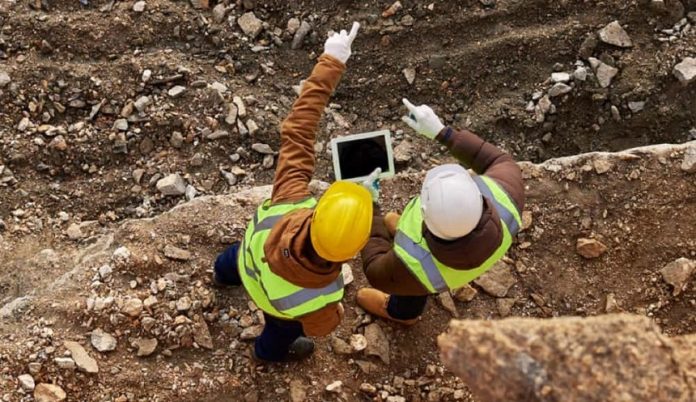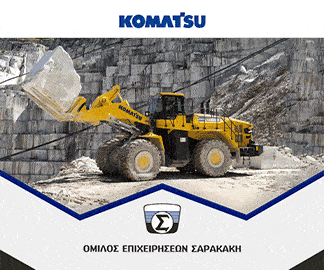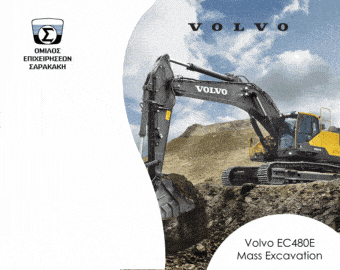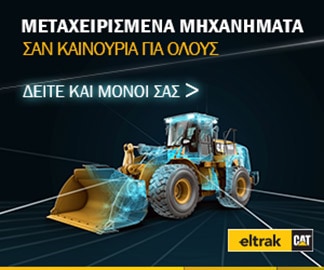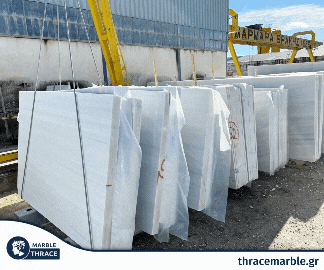Before COVID-19, new technology was already disrupting the labour market but the pandemic has expedited these developments, in particular remote working and a greater reliance on technology.
The mining and metals sector has not been exempt from these changes. Whilst the potential benefits of technology to the sector – improved productivity, safety and environmental management – are considerable, so are the impact of these new ways of working on the sector’s workforce and the communities in which it operates. It is clear that significant investment in skills will be necessary to navigate these disruptions and adapt to the changing nature of work.
It is challenging to picture the Fourth Industrial Revolution. World Economic Forum Founder and Executive Chairman, Klaus Schwab, characterizes it as a range of new technologies that fuse the physical, digital and biological worlds, affecting all disciplines, economies and industries. For some time now, the International Council on Mining and Metals (ICMM) has been collaborating with the Forum and other stakeholders to better understand what the Fourth Industrial Revolution looks like for mining and what interventions may be necessary to support workers’ and communities’ transition into the economy of the future.
This collaboration has occurred via a number of mediums, including the Forum’s Mining and Metals Future of Work Taskforce – a community of industry actors exploring how best to incorporate technology while promoting diversity, equality, morality and safety – to which ICMM contributes.
Our collective understanding was boosted by the Forum’s recent Future of Jobs 2020 report which draws on survey results of companies around the world, across multiple sectors, including several from the mining and metals industry. It estimates that automation could displace as many as 85 million jobs worldwide in the next five years, while approximately 97 million new roles are likely to emerge. One in two workers will need reskilling and even those that remain in their current jobs will need to update 40% of their skills to adapt to the future of work.
The report revealed that the mining and metals sector saw skills gaps as a significant barrier to the adoption of new technologies, reflecting potential challenges in both realizing the benefits of automation (improved productivity, safety and environmental management) and in transitioning its workforce to a more automated industry. Of course, this challenge does not exist exclusively at the operational level. The effect undoubtedly extends to local communities whose members are employed by mining operations or supply chains and who often rely on the income and economic activity generated by the industry.
Three crucial takeaways from the report for our sector include:
- We need to invest in skills in the mining sector and mining’s value chain, for the future of work more broadly and to support local communities to participate fully in the future economy;
- We need to act now and the window of opportunity for action is closing; transitional reskilling and skills-building will take time;
- We need to collaborate at the industry level, with other industries and through multi-stakeholder partnerships, such as with the Forum and our other partners. Collaboration will be crucial to both defining the future of work and how we respond to it.
The Future of Jobs report amplifies the importance of ICMM’s Skills for our Common Future Initiative. In the past two years, the collaborative programme has evolved to help the industry understand and meet the employment and economic transitions likely to come from anticipated disruptions, such as those brought by technology and new ways of working. The initiative aims to hasten national and regional efforts to build new skills and bolster the existing ones that are necessary to drive inclusive economic participation and diversification beyond mining.
Throughout the programme, ICMM hopes to partner with government, civil society and other industries – as well continuing to collaborate with the Forum and other organizations – to share effective approaches for identifying the skills that will be needed in the future, delivering those skills and stimulating the delivery of large-scale skills training in mining communities.
At ICMM, we recognize that the sector needs to think much more broadly and not just about its own workforce. Our members are focused on keeping communities firmly at the centre of their efforts, equipping them with skills to participate in economic opportunities that emerge across mining and other sectors and to navigate through disruption and prosper into the future.
Whilst the pandemic has sped up many developments across the sector, it has also shown the deep connection mining companies have with their host communities and the power of collaborative action. ICMM has published the Building Forward Better Framework that provides tools and resources to help companies through the initial stages of the pandemic and to lay the pathway for building forward to a more resilient future post-COVID-19.
The power of collaboration will again be crucial as we work together to address the challenges we face in transitioning the workforce of today to the work of tomorrow safely, inclusively and fairly.
Source: World Economic Forum



